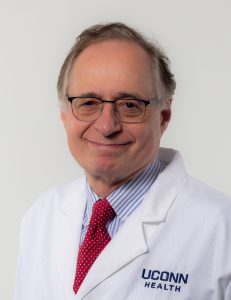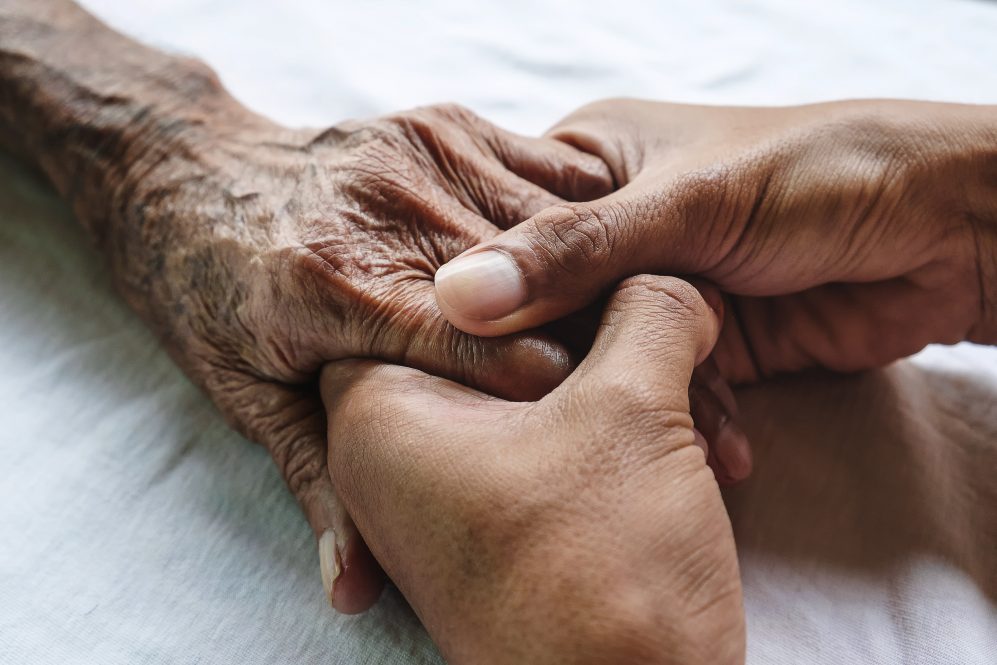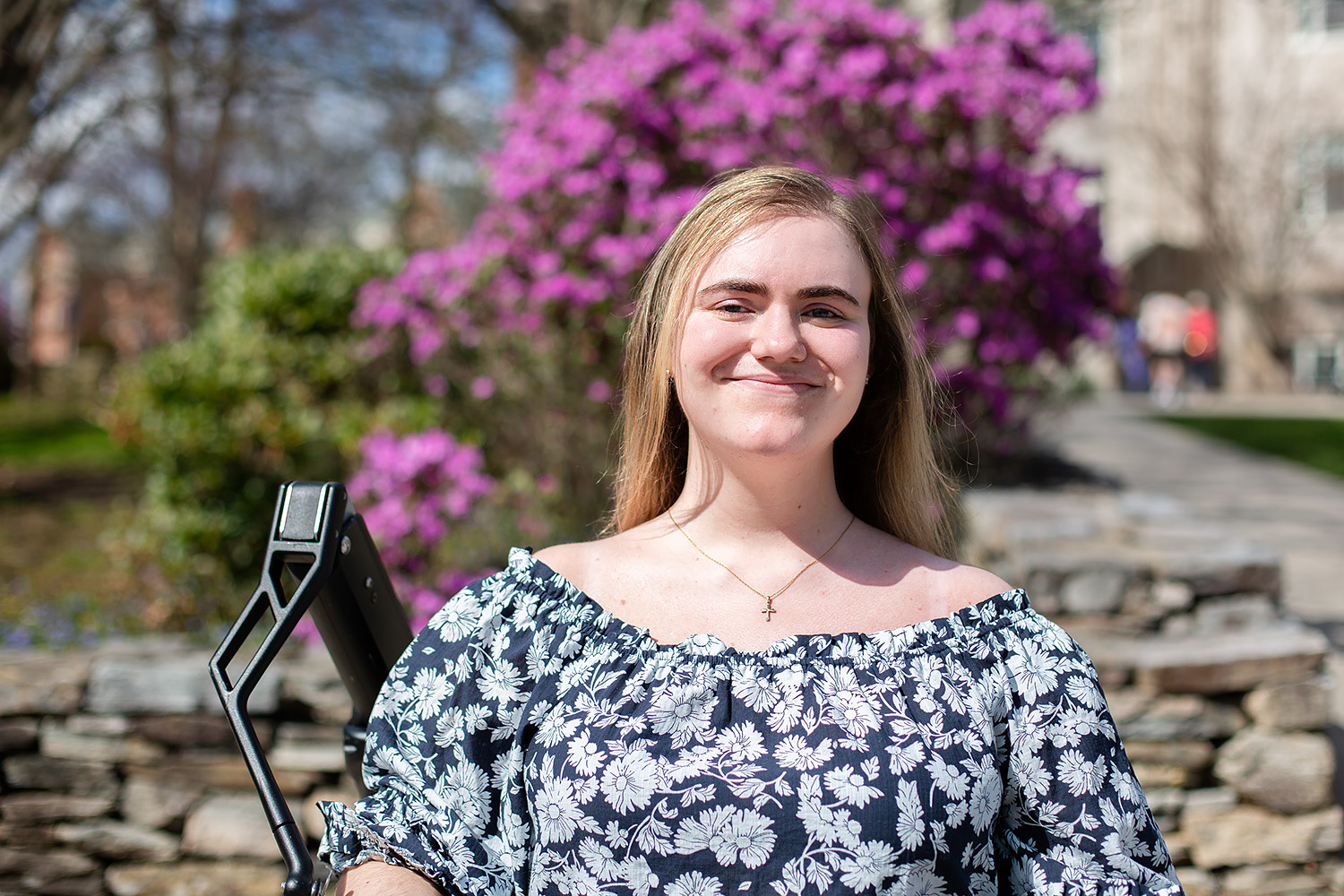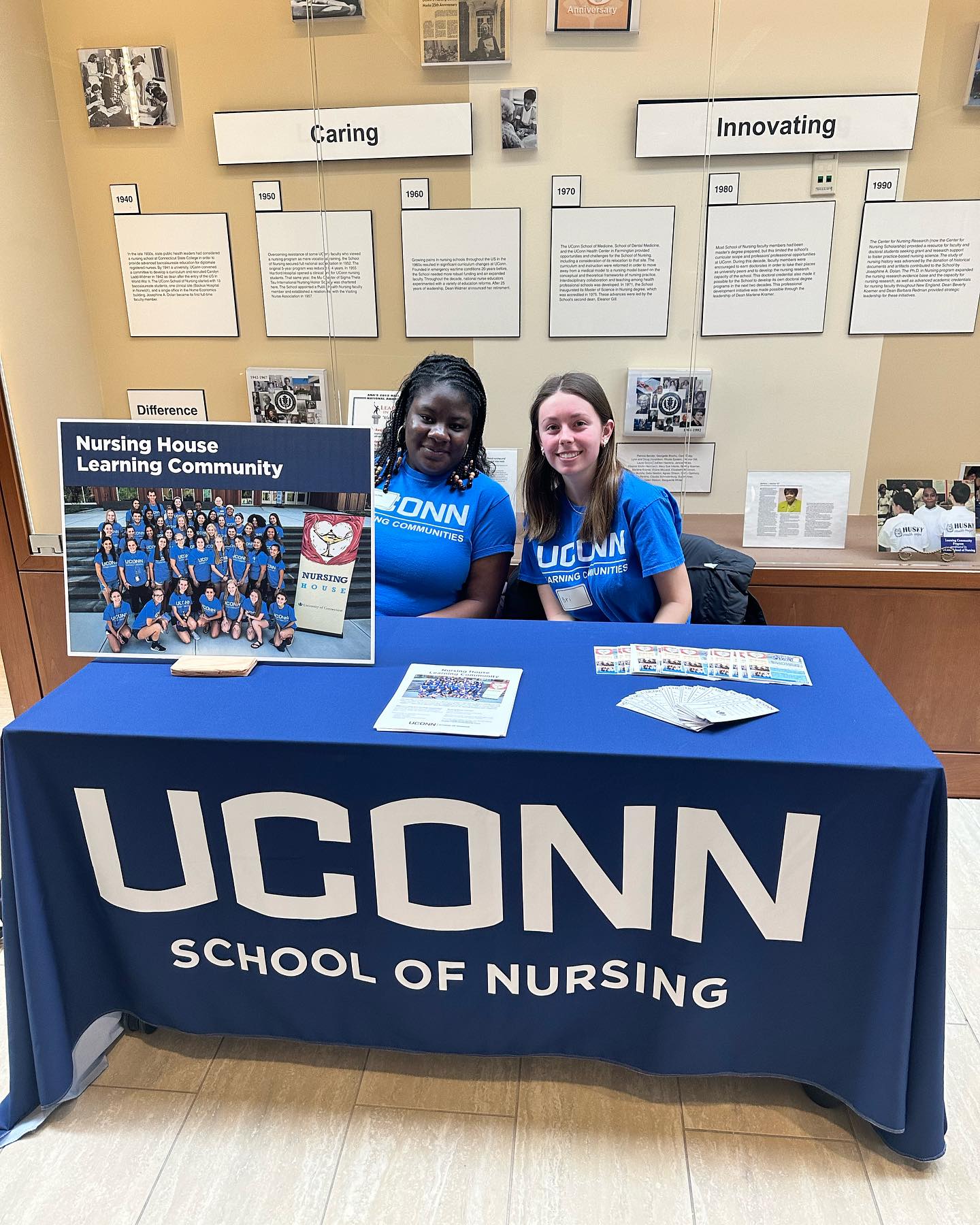While aging is inevitable, how we age varies widely among individuals.
Growing evidence from the field of geroscience indicates that it may be possible to use medications known to slow the rate of biological aging to delay the onset and progression of multiple chronic diseases. This paradigm-shifting approach has the potential to transform modern medicine and care of older adults by providing health professionals with the tools to help their patients maintain healthier lives, better function, and greater independence later in life, which will only become more vital as America’s population ages. By 2040, more than 80 million Americans will be 65 or older.
But there are challenges. According to geroscientists, today’s educational system is not adequately prepared to train clinicians in the basic knowledge needed to help guide informed discussions and prescribe these types of medications as they become FDA-approved and ready for clinical use. Additionally, our current scientific workforce is experiencing a profound shortage of scientists and clinician-scientists with the unique combination of skills required to move geroscience-guided discoveries from the laboratory to human beings and, ultimately, to clinical care.
With these considerations in mind, a group of national thought leaders in geroscience and geroscience education have obtained a $1 million National Institute on Aging award (R25AG073119) to establish the Geroscience Education and Training (GET) Network. Led by Dr. George Kuchel, director of the UConn Center on Aging at UConn Health, other multiple principal investigators include Dr. Sara Espinoza (University of Texas Health Sciences Center at San Antonio); Dr. Jamie Justice (Wake Forest School of Medicine); Dr. John Newman (UCSF and Buck Institute for Research on Aging); and Dr. Robert Pignolo (Mayo Clinic). They are supported by a large number of consultants and stakeholders from across the country.
This award will help guide and support the development of curricula in geroscience designed to provide medical and Ph.D. graduate students with foundational knowledge of this emerging field. Once developed, these materials, as well as more detailed and sophisticated curricula designed for advanced trainees (fellows) in geriatric medicine, will be shared with institutions and training programs across the country and internationally.
In a parallel effort, the GET Network will collaboratively develop criteria for a Certificate in Geroscience Training Program, allowing individuals already trained in either basic or human subject research to obtain additional focused training in order to become leaders in geroscience research. Initially, this certificate will only be offered at the five GET Network sites (UConn, Mayo, UCSF/Buck, UTHSCSA, Wake Forest), but its principles will be broadly disseminated and hopefully adopted elsewhere in future years.
Function vs philosophy
According to Kuchel, traditional western medicine focuses primarily on treatment of diseases once developed, rather than on prevention. Moreover, current clinical emphasis is not only on “crisis management,” but typically focuses on one single disease at a time.

Unfortunately, Kuchel observes, this approach often fails to consider the impact of this and other co-existing disease processes on individual patient preferences and functional status. It also tends to ignore the “long game” by disregarding how a comprehensive concentration on the mechanics of aging itself, from childhood onwards, can play a far more critical role in the prevention and early treatment of a wide range of chronic illnesses and health conditions.
Instead, he says, health researchers should be targeting basic aging processes, studying patients through related clinical trials, and developing or validating therapies that will all require the creation of a robust and diverse geroscience workforce and training pipeline.
“Aging is the main risk factor for chronic conditions that jointly account for most morbidity, mortality, and health-care costs,” Kuchel explains. “We want to help create a comprehensive, transformational culture that requires expanding the geroscience workforce and training pipeline. This grant will allow us to continue developing a subgroup of geroscience centers that will function as a national resource, including creating the National Institute of Aging Geroscience Education and Training Network.” This is the first time that the NIH, Kuchel says, is directly funding this type of training in geroscience, and the implications are profound.
“If you take any progressive chronic disease, we’ve gotten reasonably good at managing that single condition, and many of the other individual conditions or challenges that will almost inevitably follow,” Kuchel muses. “Yet, the overarching and largest risk factor in all of this is aging – if we are able to successfully target the biology of aging, we may be able to reduce or prevent the onset of these chains of illnesses and disabilities.”
Lifestyle changes such as diet and physical activity, as well as new medications and therapies certainly play an important role in mitigating disease, Kuchel acknowledges. But there are many factors to be explored and reviewed, and developing a dedicated scientific workforce is essential for geroscience to achieve the traction needed. More than 40 clinical trials are currently supported across the United States by the GET Network’s “sister” grant, the Translational Geroscience Network (R33AG0614560).
“This R25 grant, together with the recent funding of the Older Americans Independence (Pepper) Center at UConn (P30AG067988), reflects the growth and maturity of our multidisciplinary aging research efforts here at the University of Connecticut,” says Kuchel. “This national network brings together experts from around the country who share our passion and commitment to geroscience. It’s exciting to witness and be part of this dynamic growth and rapidly expanding new frontier.”



